Resisting to Trump’s Tariffs: Concerns and Responses
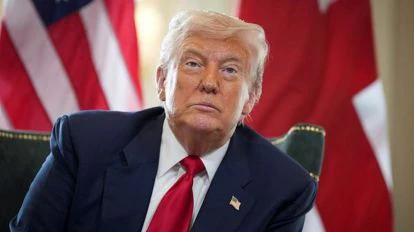
In a surprise announcement, President Donald Trump declared a 25% tariff on all goods imported from India, effective August 1st. Additionally, he stated an unspecified "penalty" would be imposed, primarily due to India's continued large-scale purchases of oil and military equipment from Russia amidst the ongoing conflict in Ukraine. Trump cited India's high tariffs and "strenuous and obnoxious non-monetary trade barriers" as justifications for the move, expressing frustration over the persistent trade deficit with India.
India's Ministry of Commerce and Industry responded with a measured statement, acknowledging Trump's announcement and indicating that the government is "studying its implications." The ministry reaffirmed India's commitment to negotiating a "fair, balanced and mutually beneficial bilateral trade agreement" with the United States, a process that has been ongoing for several months. They emphasized the government's priority in "protecting and promoting the welfare of" its farmers, entrepreneurs, and MSMEs, referencing the recently concluded free trade agreement with the UK as an example of securing national interest.
The tariffs are expected to significantly impact key Indian export sectors such as pharmaceuticals, marine products, textiles, leather, and automobiles. While the exact quantum of the "penalty" for Russian oil purchases remains unclear, US politicians have previously warned of severe economic consequences for countries continuing such trade. Analysts suggest this move is a pressure tactic by Trump to accelerate a trade deal favorable to the US, and there's a possibility the tariffs could be temporary.
Despite the escalating trade tensions, India has steadfastly defended its energy and defense procurement policies.
External Affairs Minister S Jaishankar has repeatedly stated that India will prioritize its national interests and secure oil from any source offering the best price.
Trade negotiations between India and the US are set to continue, with a US delegation expected in New Delhi later in August for a sixth round of talks. While some experts express concern about the immediate impact on India's GDP growth, many believe the tariffs may eventually settle at a lower rate, and a comprehensive trade agreement could still be reached. This situation highlights the complex interplay between trade policy, geopolitical considerations, and national interests.

 4 weeks, 1 day ago
4 weeks, 1 day ago
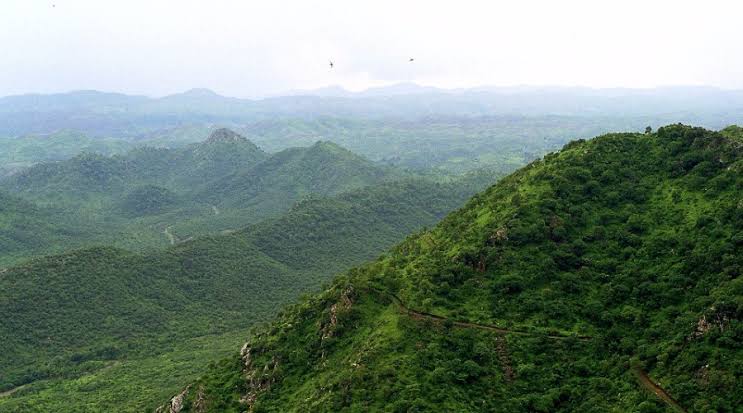
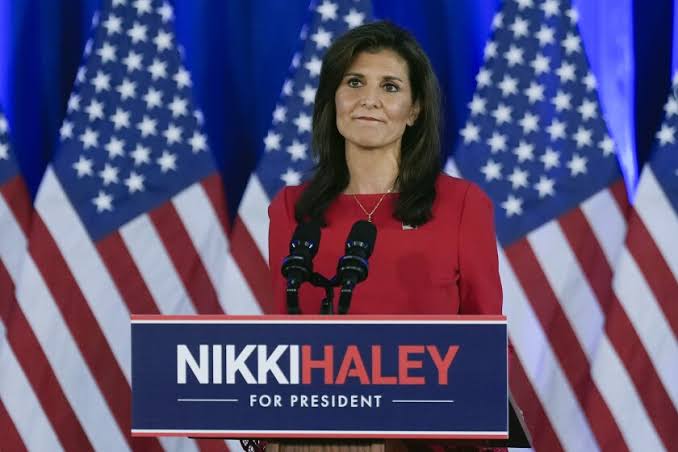
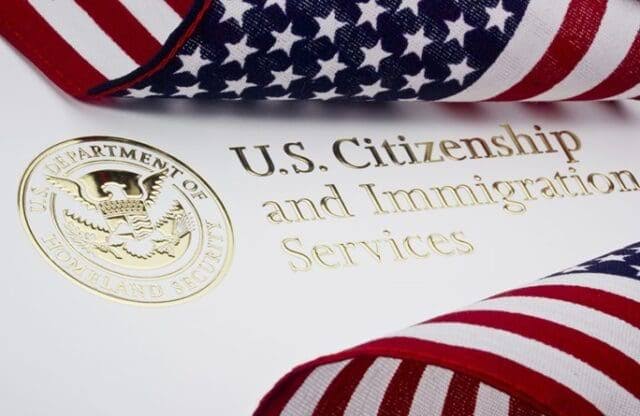
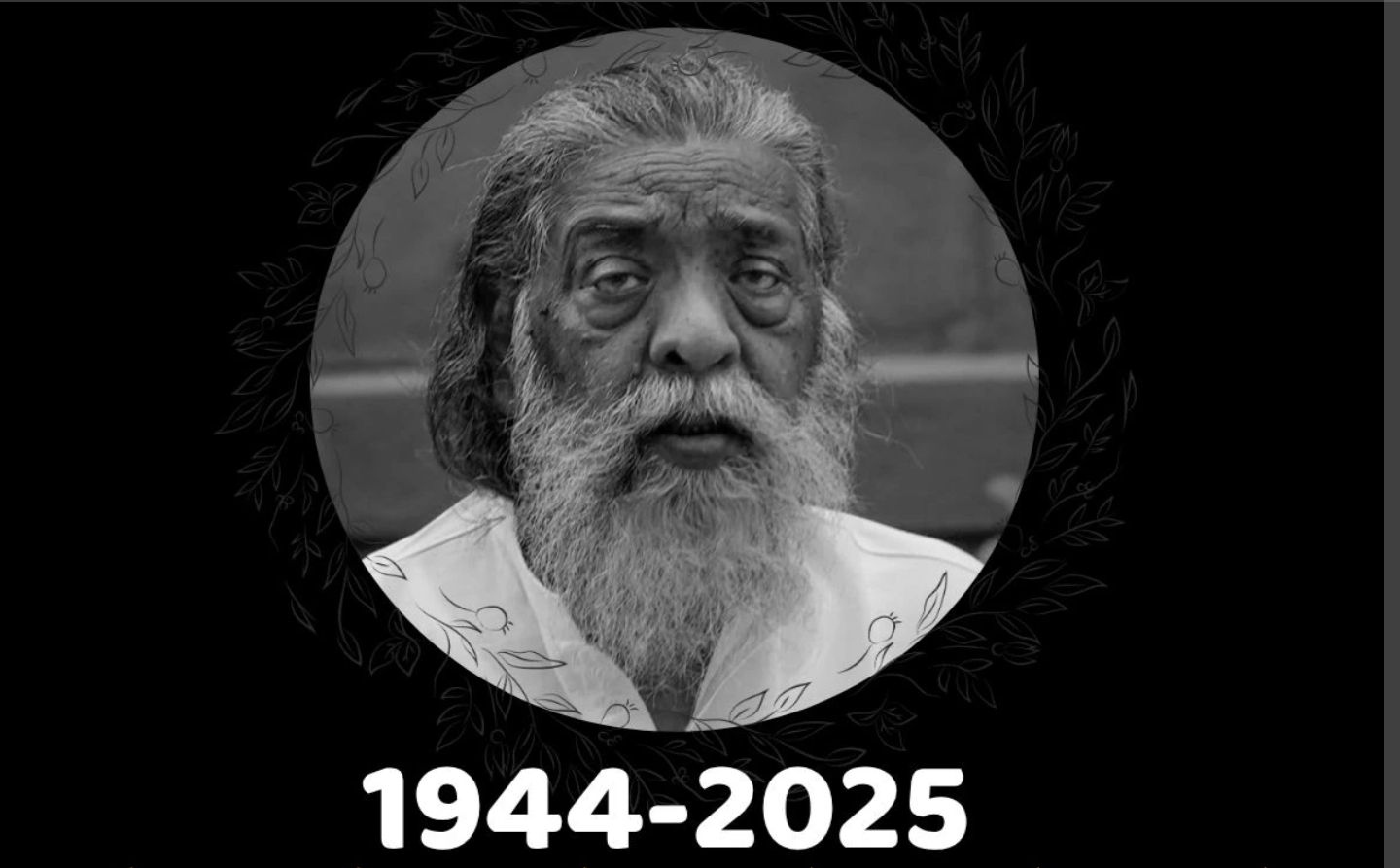
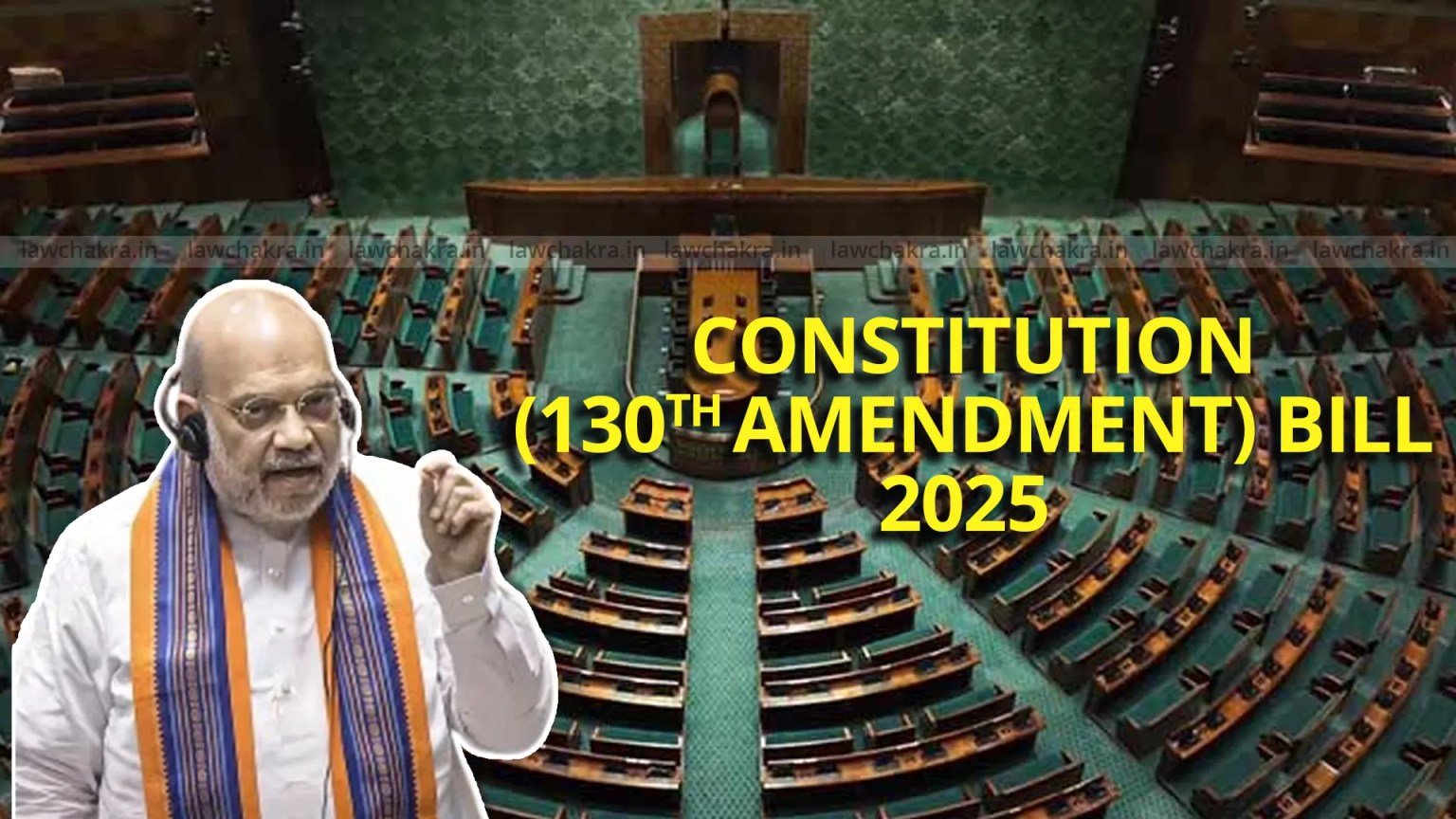
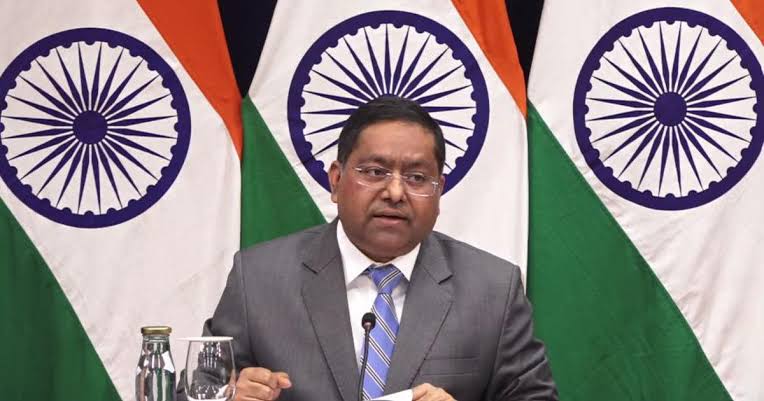

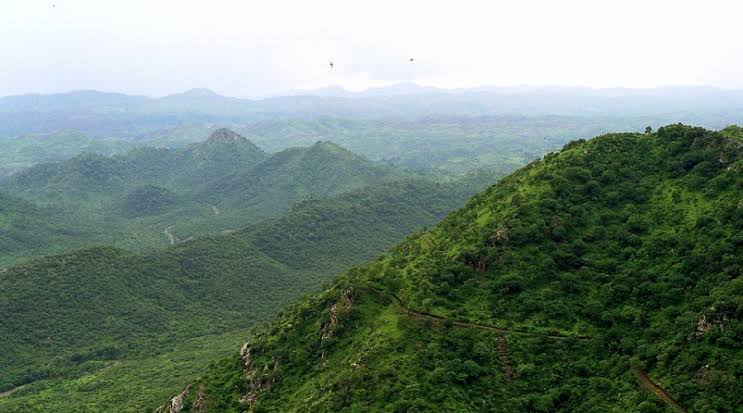
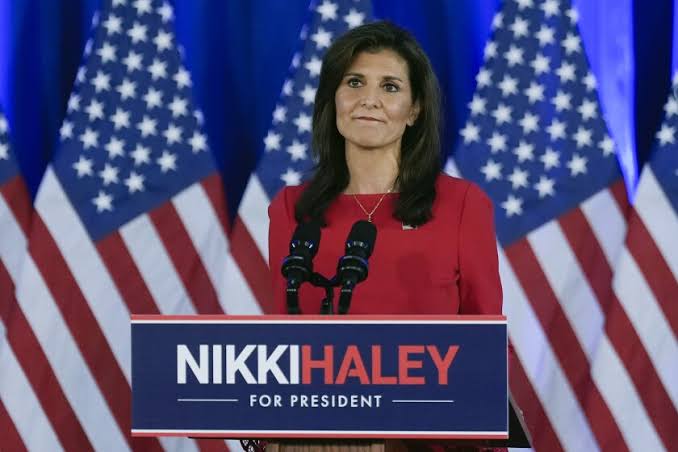
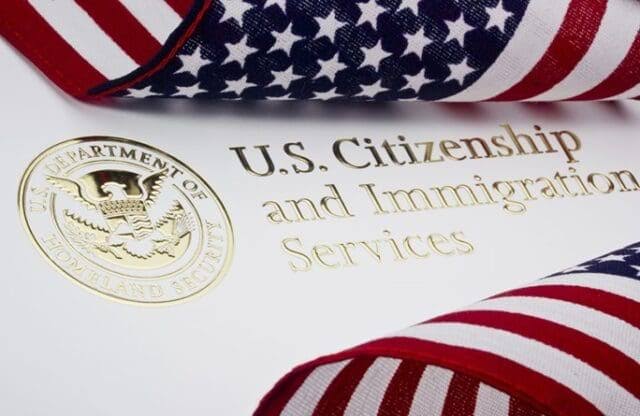

[[comment.comment_text]]